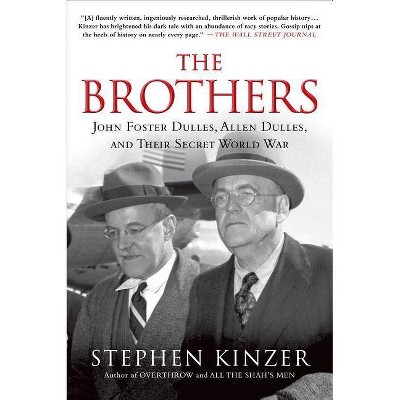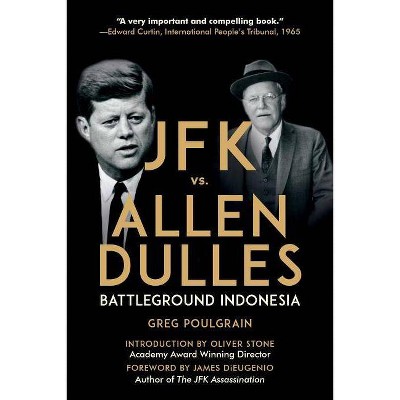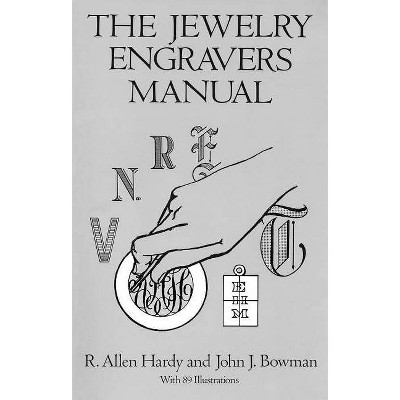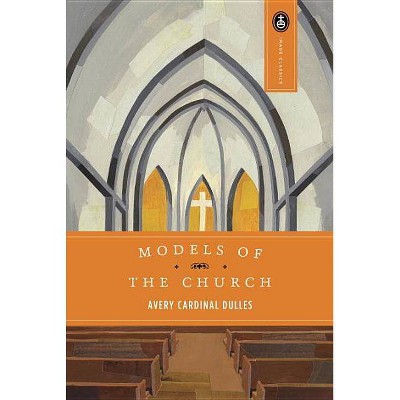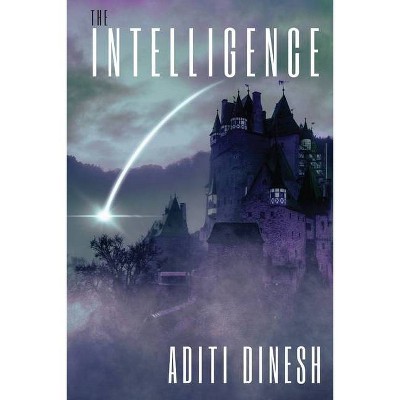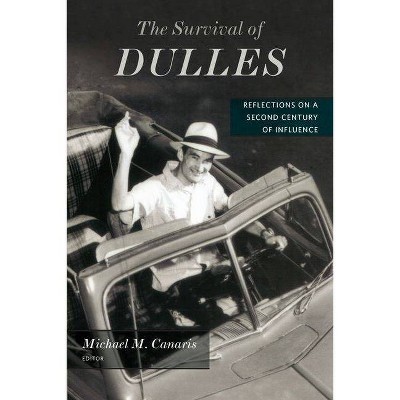The Craft of Intelligence - by Allen Dulles (Paperback)
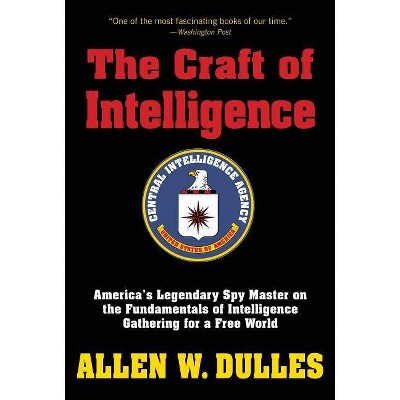
Similar Products
Products of same category from the store
AllProduct info
<p/><br></br><p><b> About the Book </b></p></br></br>If the experts could point to any single book as a starting point for understanding the subject of intelligence from the late twentieth century to today, that single book would be Allen W. Dulles's The Craft of Intelligence. This classic of spycraft is based on Allen Dulles's ...<p/><br></br><p><b> Book Synopsis </b></p></br></br>If the experts could point to any single book as a starting point for understanding the subject of intelligence from the late twentieth century to today, that single book would be Allen W. Dulles's The Craft of Intelligence. This classic of spycraft is based on Allen Dulles's incomparable experience as a diplomat, international lawyer, and America's premier intelligence officer. Dulles was a high-ranking officer of the CIA's predecessor--the Office of Strategic Services--and was present at the inception of the CIA, where he served eight of his ten years there as director. Here he sums up what he learned about intelligence from nearly a half-century of experience in foreign affairs. In World War II his OSS agents penetrated the German Foreign Office, worked with the anti-Nazi underground resistance, and established contacts that brought about the Nazi military surrender in North Italy. Under his direction the CIA developed both a dedicated corps of specialists and a whole range of new intelligence devices, from the U-2 high-altitude photographic plane to minute electronic listening and transmitting equipment. Dulles reveals much about how intelligence is collected and processed, and how the resulting estimates contribute to the formation of national policy. He discusses methods of surveillance, and the usefulness of defectors from hostile nations. His knowledge of Soviet espionage techniques is unrivaled, and he explains how the Soviet State Security Service recruited operatives and planted "illegals" in foreign countries. He spells out not only the techniques of modern espionage but also the philosophy and role of intelligence in a free society threatened by global conspiracies. Dulles also addresses the Bay of Pigs incident, denying that the 1961 invasion was based on a CIA estimate that a popular Cuban uprising would ensue. This account is enlivened with a wealth of personal anecdotes. It is a book for readers who seek wider understanding of the contribution of intelligence to our national security.<p/><br></br><p><b> Review Quotes </b></p></br></br><br>Brilliantly selective candor. There is material enough here on breathlessly high-level sleuthing to keep Helen MacInnes and Ian Fleming busy writing all kinds of thrillers.--The New York Times<br><br>The Craft of Intelligence is one of the most fascinating books of our time.--Washington Post<br><br>Well organized, informative . . . When he talks about the CIA, its Russian counterparts, and specific examples of fiascoes and coups, the reader will certainly snap to attention.--The New Yorker<br><p/><br></br><p><b> About the Author </b></p></br></br>Allen W. Dulles, one of the most important figures in the history of American intelligence, served under eight U.S. presidents, from Woodrow Wilson to John F. Kennedy. He served presidents Eisenhower and Kennedy as director of the Central Intelligence Agency from 1953 to 1961. When he died in 1969, President Nixon remarked, . . . in the nature of his task, his achievements were known to only a few.
Price History
Price Archive shows prices from various stores, lets you see history and find the cheapest. There is no actual sale on the website. For all support, inquiry and suggestion messagescommunication@pricearchive.us
